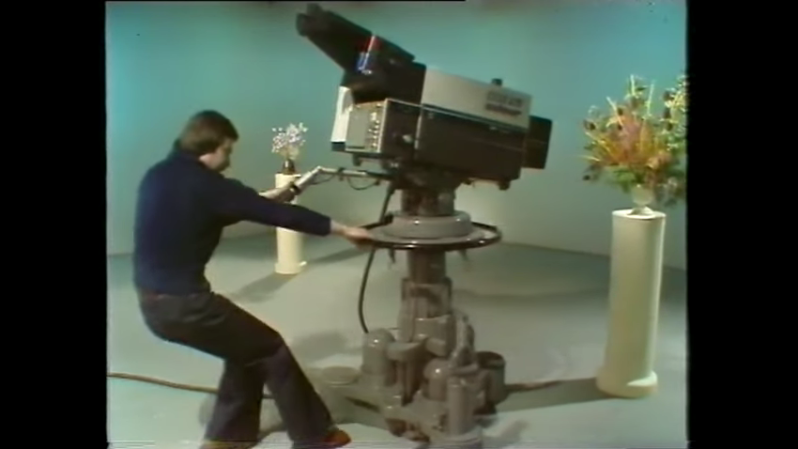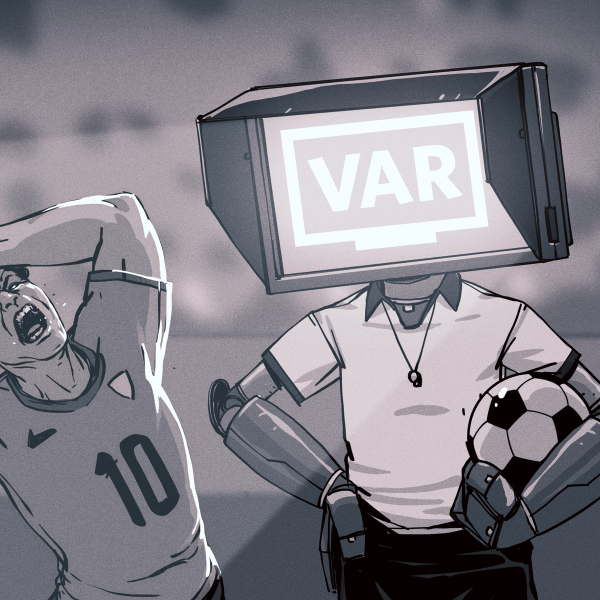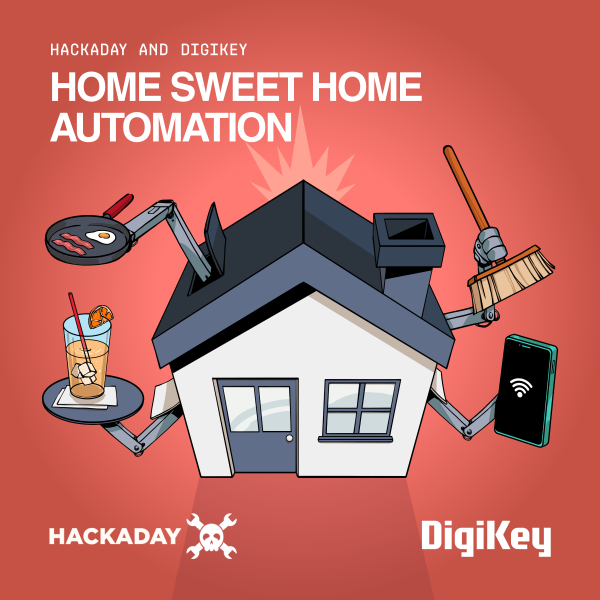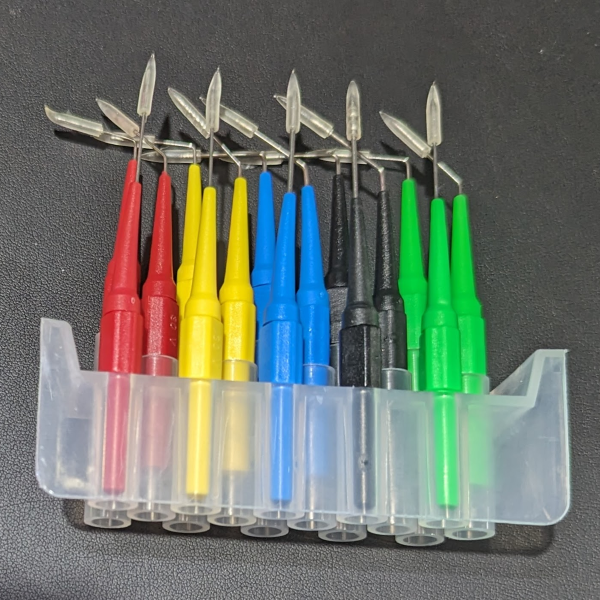If you ever thought that being a television camera operator was a simple job, this BBC training film on studio camera operations will quickly disabuse you of that notion.
The first thing that strikes you upon watching this 1982 gem is just how physical a job it is to stand behind a studio camera. Part of the physicality came from the sheer size of the gear being used. Not only were cameras of that vintage still largely tube-based and therefore huge — the EMI-2001 shown has four plumbicon image tubes along with tube amplifiers and weighed in at over 100 kg — but the pedestal upon which it sat was a beast as well. All told, a camera rig like that could come in at over 300 kg, and dragging something like that around a studio floor all day under hot lights had to be hard. It was a full-body workout, too; one needed a lot of upper-body strength to move the camera up and down against the hydropneumatic pedestal cylinder, and every day was leg day when you had to overcome all that inertia and get the camera moving to your next mark.
Operating a beast like this was not just about the bull work, though. There was a lot of fine motor control needed too, especially with focus pulling. The video goes into a lot of detail on maintaining a smooth focus while zooming or dollying, and shows just how bad it can look when the operator is inexperienced or not paying attention. Luckily, our hero Allan is killing it, and the results will look familiar to anyone who’s ever seen any BBC from the era, from Dr. Who to I, Claudius. Shows like these all had a distinctive “Beeb-ish” look to them, due in large part to the training their camera operators received with productions like this.
There’s a lot on offer here aside from the mechanical skills of camera operation, of course. Framing and composing shots are emphasized, as are the tricks to making it all look smooth and professional. There are a lot of technical details buried in the video too, particularly about the pedestal and how it works. There are also two follow-up training videos, one that focuses on the camera skills needed to shoot an interview program, and one that adds in the complications that arise when the on-air talent is actually moving. Watch all three and you’ll be well on your way to running a camera for the BBC — at least in 1982.

















A great example of this is the Propellerheads video for History Repeating.
Shot in glorious monochrome with vintage BBC cameras.
https://youtu.be/yzLT6_TQmq8
Such a great tune, from such a great album.
They could have added an automatic contra-pivot of the viewfinder to that camera so that if you take a high shot the viewfinder would rotate down.
Would’ve only taken a few rods surely.
Very interesting, Dan.
That camera was a beast!
Much respect to the camera people who had to use these things on a daily basis!
Does Axe Man Surplus still have such a beast on display?
I used to work at the BBC Engineering Training Department in the 80s at Wood Norton, which sadly no longer functions. I lined up the cameras for the students etc, and loved the environment. It’s interesting how wide-screen TVs changed the perspective of camera angles a lot. It’s a pity the Beeb outsourced its training but it was a very expensive, though worthwhile investment in talent.
Speaking of widescreen TV, didn’t PAL+ support it in the mid 90s already, before digital TV/HDTV was common in Europe?
I know there’s a big difference between the 80s and the 90s in terms of broadcast/studio technology, but tube technology as such was quite flexible.
Some VHS cassettes of the time also had used 16:9 format, I vaguely remember.
Anyway, it just game to mind. It’s fascinating how many things we take for granted aren’t that new,
but existed a long time ago already, just in a slightly different form.
Also, great memories of yours. 🙂👍
If you ever have a blog, it would be surely interesting material for the visitors.
No really, a lot of us often did wonder how things behind the camera were actually done, how the atmosphere and planning was..
Time marches on. All of these techniques are now swept away for handheld jittery lots and lots of fast editing between all sorts of distractions with shorter attention span times as a result.
I quit watching TV in the 80’s. Marshal McLuhan was right.
They are only in news rooms now but they are robots and the floor is human free.
“They are only in news rooms now but they are robots and the floor is human free.”
But is that so bad?
Given the attitude and behavior of my fellow citizens these days, I prefer interacting with machines.
(20+ years earlier I couldn’t have imagined ever saying that.)
Machines have no sympathy, but also antipathy.
The later is the reason why I nolonger like to go to my bank or in a physical store.
The people who work there give you the feeling of being an annoyance.
*but also no antipathy, of course. We really need an edit button here. 🙂
As someone who was a cameraman for most of my work-life I agree with the skills needed. How I wish we had had that training. I learned ‘on the job’ as a trainee. I did work with some BBC-trained cameramen and they were great at sharing there knowledge.